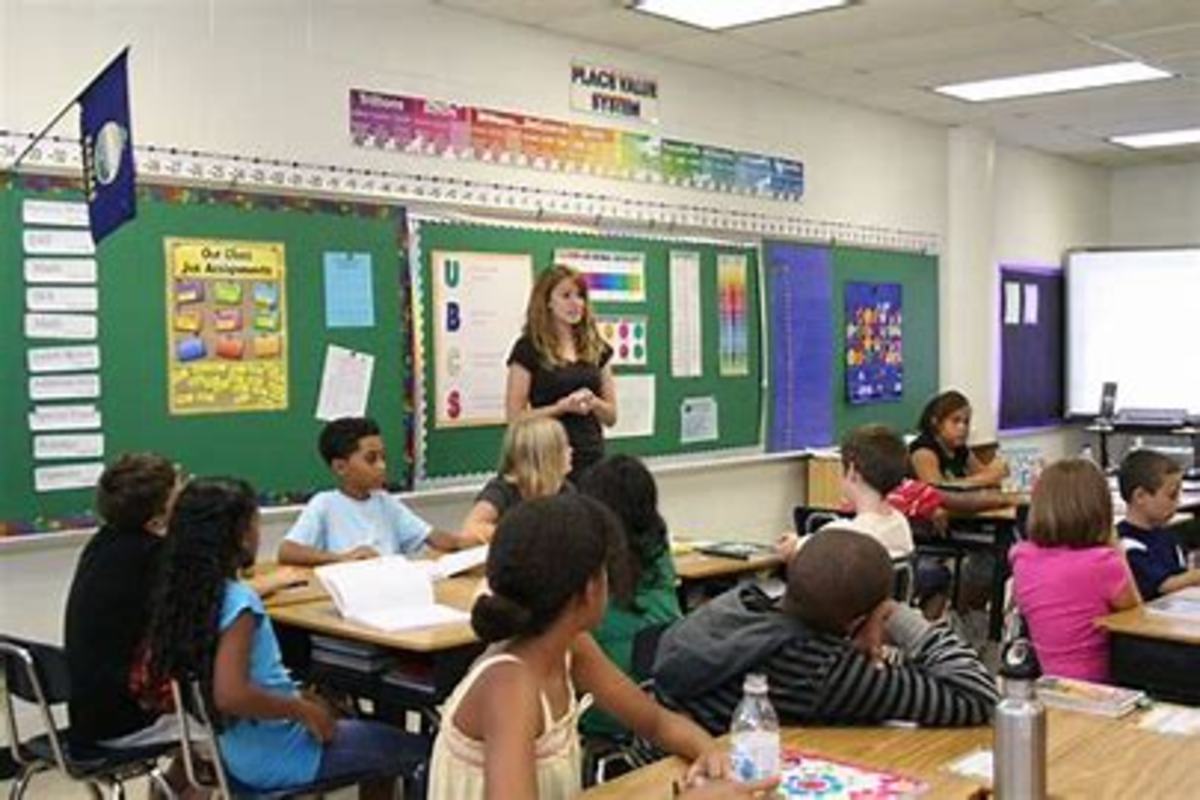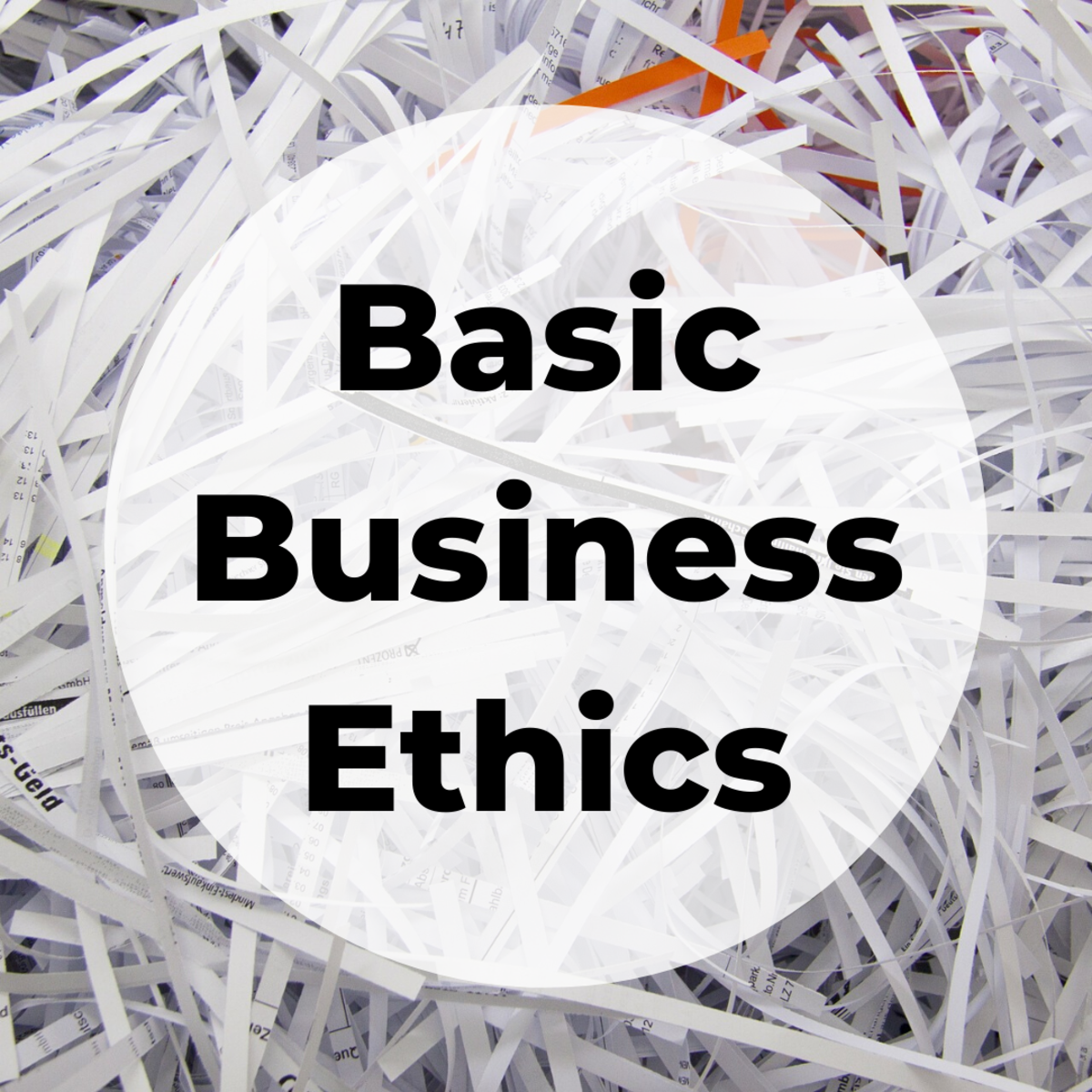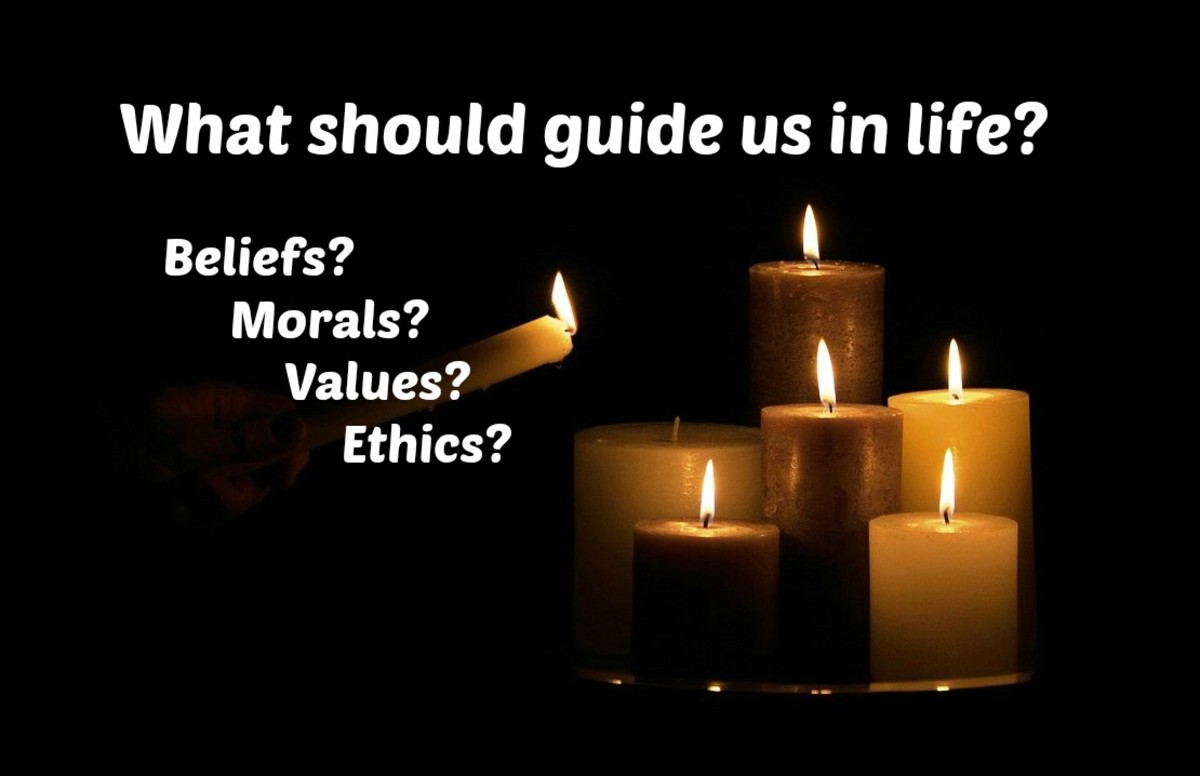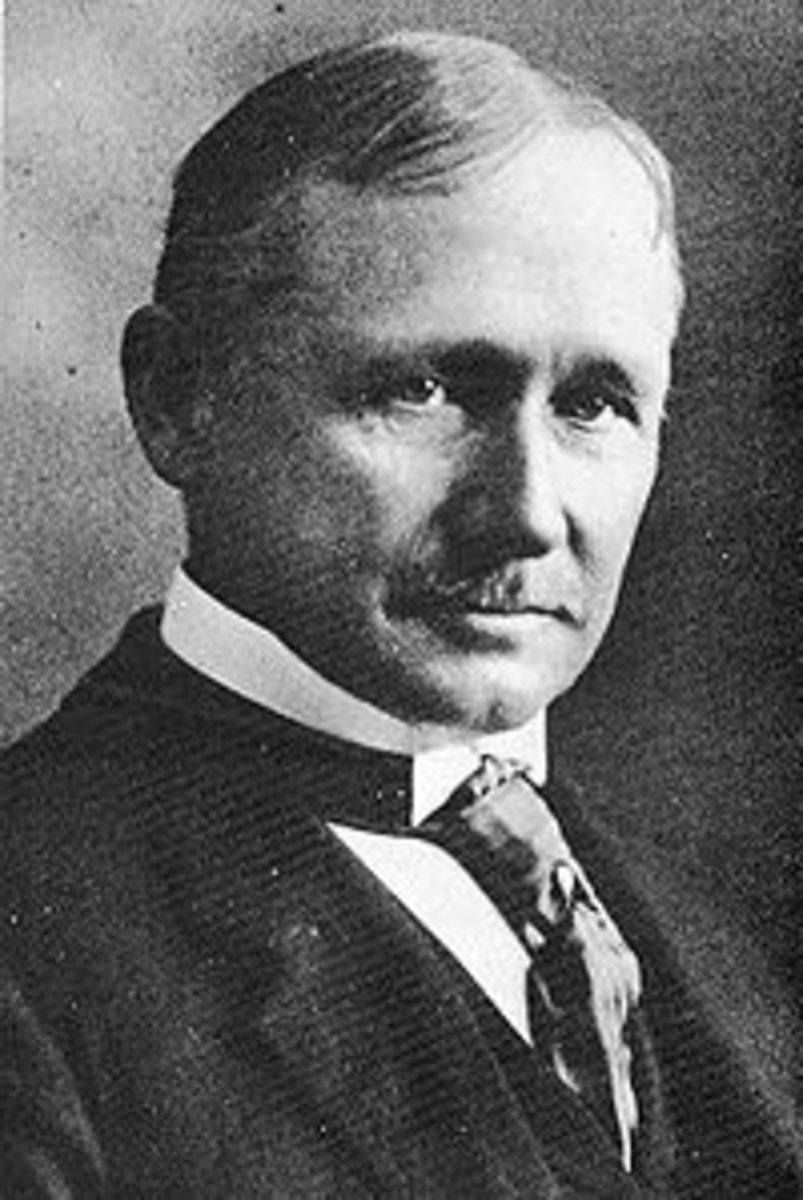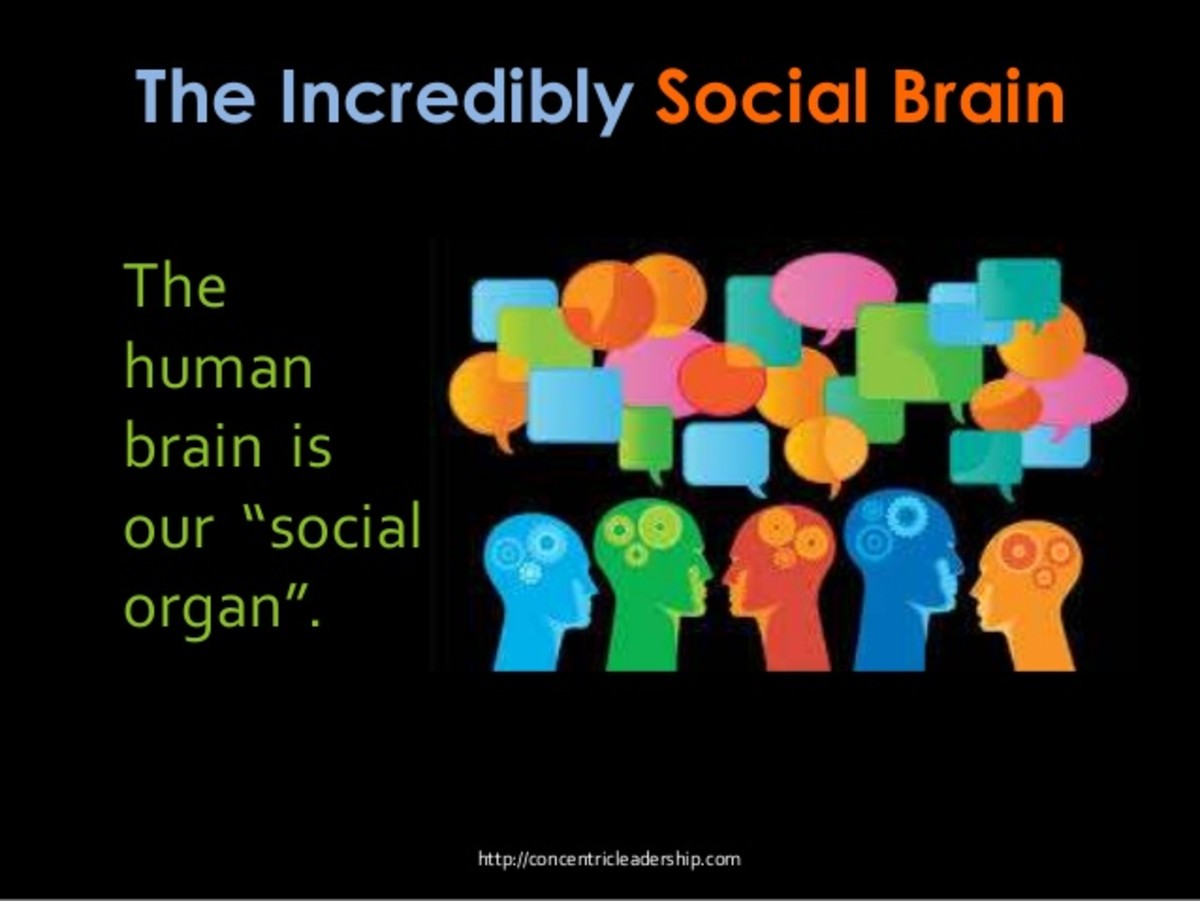An Ethical Deliberation: Virtue and Care Ethics
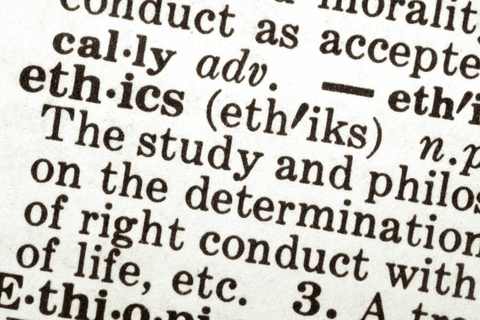
Condemnation or Redemption
Choices, morals, and all the ethical principles should be taken into account when making a decision that will result in the condemnation or redemption of an individual. But what is the right path? Whose ethical principle should be followed in order to make such a decision, and what makes it just over others? We have a student from a single parent working a job that is interfering with his grades. But in order for him to get a scholarship for college, he needs to have a “C” in a class that the teacher has determined that he has gained a “D” for. Once the teacher learns of this, he must make a decision that will have a severe impact on the future of this student. What are the morals to this problem? It is clear that the student earned a “D,” but should there be an exception made on his behalf do to circumstances? For this answer, we must enter the realms of ethics to apply, analyze, and finally come to a conclusion based on many the many different view and application. Is there any right answer?

The Social Contract
Let’s look at the social contract. “The war of all against all,” is a current state of affairs that seems to create havoc during every time of the human existence on Earth. Be it for religion, politics, oil, or drugs; there exists chaos always. Thomas Hobbes perceived this state of nature to be just that: natural. Humans, he views, are destructive and must be under a form of political law in order to have some sane functionality in life. Humans need a sense of order and security, and what is school if not a form of such? School is an environment filled with rules, contacts, and a sense of community. A student and teacher essentially have a mutual “contact.” It is the student’s responsibility to do assigned work to the best of his/her ability while the teacher has the responsibility to teach and grade in a fair manner. In this sense, regardless of the circumstances, the student has not held up his end of the bargain. He has failed to earn a grade that would be beneficial to his advancement in education. His teacher, according to Hobbs, is under no obligation to grant his student a higher grade due to circumstances. If his teacher were to award him a higher grade, the teacher would be breaking his own contract to grade all of his students equally and with fairness. If the teacher were to break this contract, he would just be inviting more chaos. If one student can have his grade up for allowing work to interfere with his grade, then why can another student who, say, let a bad break up get in the way of his/her grade? In regards to Hobbs, what you earned is what you shall receive regardless of the way in which you can to obtain them. Thomas Hobbs views, in this sense, are very similar in respect to John Rawls. Rawls believed that everything should be viewed under a “veil of ignorance.” That is, fairness among all can only be equally applied if the situation is viewed in a way that lets the judger, per se, not know anything beyond what is being judged. In this situation, the teacher would not be “aware” of the dire straits of his student. He would see that one of his students had a “D,” and that, that student needs a “C” to get a scholarship. The student did not put in effort for a better grade, so a “D” he shall receive. The “veil of ignorance” may even go to the extent to have the teacher unaware that the student needs that “C” for a scholarship. In that sense, there really is no need to raise the grade for any purpose, due to the lack of effort that will be viewed as the reason for the grade on the part of the teacher. Under the social contract, society can only ever run with contracts, laws, or a form of governmental power. These different forms of contracts are put in place to keep order. A change in grade would be a violation of a contract between the student and his/her teacher, so under the social contract a “D” is a “D.”
Virtue Ethics
Rules, regulations, and government are all about a strict enforcement. Individual morals, reasons, and outcome of events do not always fit into their “greater good” impression of ethics. So in their case our student does not make it to college. But what if his teacher is of a different mindset? Let’s say that his teacher is a virtue ethicist. A virtue ethicist nicely contrasts one of the social contract. A virtue ethicist will not necessarily simply look at the problem of the low performance, but he would concentrate on the student’s character and what it reflects. We have a student here who had his grade fall due to having a job. He may be a dedicated student that is working a job to help out his single parent, or he may be a lazy student that is working at a job to save money for a car or some new cloths. These factors would greatly influence the mind of a virtue ethicist. Virtue ethicists care about the identity of the individual. Since the student is happing to gain an academic scholarship for college, he, most likely, is a pretty dedicated individual. The teacher is more likely to make an exception for this student. The teacher will see a dedicated individual who is trying his hardest to make it to college in order to make a better life for himself. If this student is a good, responsible, and dedicated student, the teacher will use this character and could decide to either give him a “C,” or give him some extra credit assignment to make up for those missed in order to gain that “C. ”

Care Ethics
So our student will have a good chance with a virtue ethicist, but he will find an even better chance under care ethics. Care ethics is all about what it implies: care. It centers on caring for those around us who are vulnerable and dependent. Whether this need to care for others stems from memories or the human ability to project ourselves in to that role of self; what if that was me? Caring is what weaves our, often times complex, views of society, community, and social relations in general together. A care ethicist will see a young man striving to make a better life for himself by going to college. He will sympathize with the young man’s dilemma of having to work and maintain a grade in high school. The teacher will strive to make a decision that will relieve both himself and help out his student. By working out with his student to obtain a “C” in class, the teacher will ride himself of any gilt he may have inflicted to himself otherwise, and he will feel good about helping another person make it to a higher level in life. In a sense it is an almost win, win situation. The teacher helps the student in need, and feels a sense of possible pride or, at least, refraining from feeling bad about not allowing the student entrance to college.
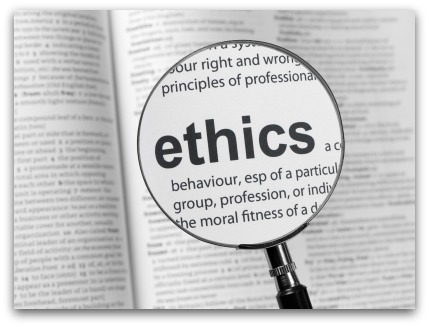

The Outcome
So the student has a pretty solid chance that his teacher will bump him up a grade. But how would this be viewed in other societies around the world? Is there necessarily a moral truth that will allow for each of these dilemmas to be true regardless? In accordance to ethical nonobjectivism there are no objective ethical facts and no true ethical principles anywhere, though one version of ethical nonobjectivism is emotivism. They believe in ethical facts, such as "murder is wrong, are, merely expressions of emotion, and not genuine truths at all. So giving a good grade would be tied to the emotions of the teacher, rather than right or wrong. But most believe that “murder is wrong” is simply a statement that cannot be proven due to the huge diversity in cultural perspectives on what is considered right or wrong. And then on the other end of the spectrum, we have Moral Realism. A moral realist believes that there are some moral truths. But, in order for them to be accepted, they must be evaluated and proven true. It has to be looked at from many angles. Is it wrong? If not, why? Would everyone agree with it? Would it harm society or the individual? Nonobjectivism seems to express that humans are to culturally diverse to have any set morals while realism want to analyze every possible true in order to develop a set of standard to apply across the board. The student’s dilemma seams to correlate with nonobjectivism. There really does not seem to be any concrete reason to give this student a better grade. Is it wrong to give him the grade he earned? No, not really. Should his circumstances be taken into consideration? This depends on the ethical mindset of the teacher. This argument can have any number of possibilities, but is unlikely to come out resolved in any one truth that everyone will agree whole hearted to. The student may get to college or not, but this will depend on who the teacher happens to be, not some moral truth that governs us all.


